Best Practices Articles

Inbound Marketing Insights to Win Over Your Target Audience
Wouldn’t we all rather have customers willingly walk through our door instead of having to stand on the sidewalk and wave our arms for attention? Once upon a time, business had a solid advertising model to get an audience—you have a product, so you pay for print ads, billboards, television time and radio spots to get the word out. Commerce had to rely on well-placed advertisements to show up and be positioned where the target audience was. But now, in the Internet age, people are surfing in droves on the web. We know where they will be, and the savvy marketer can now get a very clear view of their searching and browsing behavior. So, instead of making a lot of noise with paid marketing and vying with your competitors for ad space (outbound marketing), you can carefully place attention-grabbing content in key online venues and—in very targeted ways—engage your audience, intrigue them and get them to come to you. Welcome to inbound marketing.
Let’s be clear on the difference between these two approaches. Outbound marketing requires outreach on the part of the marketer through concerted efforts such as paid and search engine marketing techniques. You find the customer and try to actively capture their attention. Inbound marketing is the opposite, wherein intelligently placed content (blogs, articles, syndicated content on sharing sites, social media posts, etc.) is distributed and made available for the public to find and digest, hopefully influencing their decision to come to you to find out more. Whereas outbound marketing is typically “live” only for a finite period through budgetary spending and rented digital space, inbound marketing content is perpetual and available for discovery without boundaries. Because of this key difference, it is important to make sure the everlasting content you put out there to drive people to you is of high quality, is relevant to your target audience and provides genuine thought leadership in your industry.
Let’s take a look at some helpful questions to ask yourself as you attempt to strengthen your inbound marketing strategy and gauge its effectiveness:
- What are current trending topics? Thought leadership is an important part of inbound marketing. People will gravitate towards your content and follow through to your website or offer if they recognize authority and influence in what you have to offer. Can they learn something? Can they benefit from what you offer? And why would they listen to you? The best way to be a thought leader is to put out relevant content on a regular basis that revolves around topical and trending discussions in your industry or space. Spend some time researching and thinking about the current topics of interest in your industry space, and then create assets that answer or speak to those discussions to distribute on sites like LinkedIn, SlideShare, YouTube and Facebook. Be timely, be relevant.
- What are your competitors talking about? Listening to what your audience is talking about is not enough. You also need to pay close attention to what your competitors are saying and what kind of buzz they are creating. Like you, they are probably distributing their own content on hot topics, but what if they’re missing the mark? If your service or product does a better job of addressing a trending issue or pain point, then jump on it. Use your inbound marketing resources to enter the discussion and show you have a better solution, and do it in a way that ties back to your offerings. Instead of coming off as a veiled ad, your content should position your offering as a more intelligent and beneficial approach to the specific problem or issue under discussion.
- What are industry analysts and influencers blogging or commenting on? Every industry has its share of analysts and influencers. Analysts (who make a living performing primary and secondary research on specific industries) and influencers (who have authority based on reputation and public acclaim) can be your best friends without even knowing it. Often the topics or theories being searched or discussed by your customers originate from commentary by analysts or influencers in your industry. Your inbound marketing content should align with these discussions. If you distribute quality, relevant content in a timely manner, your organization will be an integral part of these discussions and you’ll be immersed in the latest buzz. Make sure to tag or credit these analysts or influencers when posting your content. This will make your inbound marketing efforts more readily found and searched, and align you with these authoritative figures—giving you more presence and driving better conversion to your site or offerings.
- Is your content synchronized across channels for maximum effect? Once you have discovered a compelling central theme or topic on which to base your next round of inbound marketing efforts, make sure to stick with it across all channels. You can create an article, blog post, video, eBook, slides and more—all around this one talking point—and then release it in one coordinated wave. This will help tie your thought leadership together across all your share sites. If your audience encounters different versions of the same content on different channels, this will make you more recognizable. They are more likely to associate a specific advocacy or solution with you, and be more inclined to click through to your website
- Is your inbound marketing content relevant to pain points of real customers? Every customer or enterprise has its own set of pain points and solutions it is desperately trying to remedy. These may be part of the trending discussions I have referred to above, or they might be pervasive throughout the industry, but not yet openly discussed. Try to get ahead of the game by listening to your leads, prospects and existing customers and segmenting out their common problems. Create thought leadership content around these issues and distribute the content through your inbound marketing.
- Inbound marketing is great for new leads, but what about your existing customers? Inbound marketing is traditionally looked at as a technique for lead generation or bringing in new prospects. But can’t an existing prospect be a NEW prospect in a different way? Your existing customers are already in your wheelhouse and are paying for some portion of your solution set, but it’s likely you have other offerings they are not currently using. Consider targeting part of your inbound marketing efforts to this existing client base, emphasizing the relevance and benefits of a more comprehensive solution.
- Are you paying attention to the right performance metrics? Everyone wants to know how many people are coming to their site and the conversion rates generated by specific links. That’s great, but that’s not the only metric that determines success in lead conversion. Your inbound marketing might create lots of buzz, with lots of people clicking on links in your social media, syndicated assets and messaging—but once they hit your site or landing page, what happens then? Look at your referral traffic (who is coming to your site from your syndicated content and social activity) and compare that to on-page drop, bounce or call-to-action (CTA) conversion. There’s little benefit to driving loads of traffic to your site through inbound marketing if a majority of those people back out right away or don’t convert the form or CTA you are offering. If they are coming and looking, but not taking action, you need to figure out why. Make sure to align what you offer and how it is presented with the content you put out there publicly, and pay attention to which referrers are driving the most traffic to you. Review the content you have on the top referring sites and align your landing page with that.
Inbound marketing is an effective and powerful tool if managed right, and it can be a sleeping giant—it doesn’t go away once someone’s budget expires. Be a good listener. If you pay close attention to trending topics, determine who is leading the discussion around them and what is being said, and establish the relevance of those topics to the solutions you have to offer, you’re in a great position to create effective inbound marketing materials and content. Create it in an authoritative and coordinated way, distribute it through partners across various channels, and make sure your website destination page aligns nicely with what you have distributed.
For more information on marketing automation or demand generation services, please visit us at ZINFI.com.
Best Practices Guides
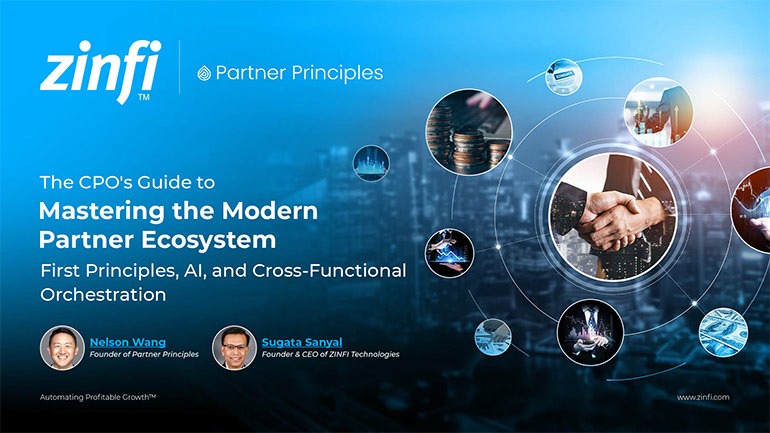 First Principles Drive Modern Partner Ecosystem Success Best Practices
First Principles Drive Modern Partner Ecosystem Success Best PracticesDownload for FREE
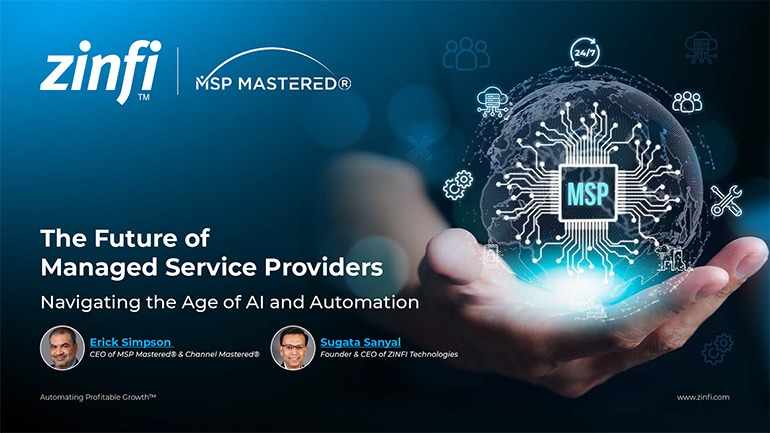 The Future of Managed Service Providers: Navigating the Age of AI and Automation
The Future of Managed Service Providers: Navigating the Age of AI and AutomationDownload for FREE
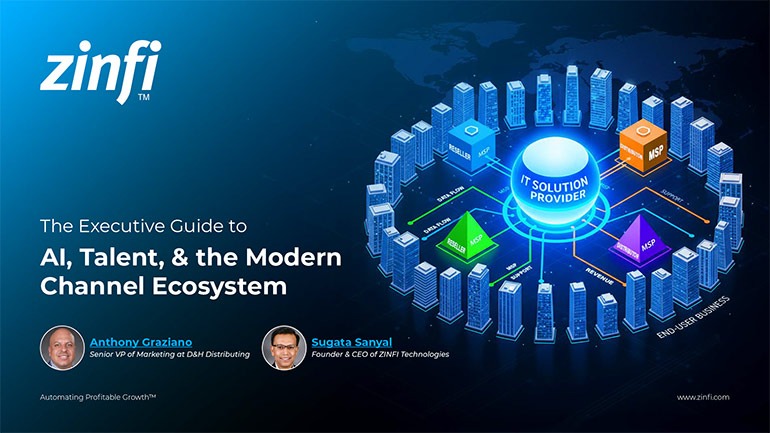 Modernizing Channel Marketing: AI and Ecosystem Enablement Best Practices
Modernizing Channel Marketing: AI and Ecosystem Enablement Best PracticesDownload for FREE
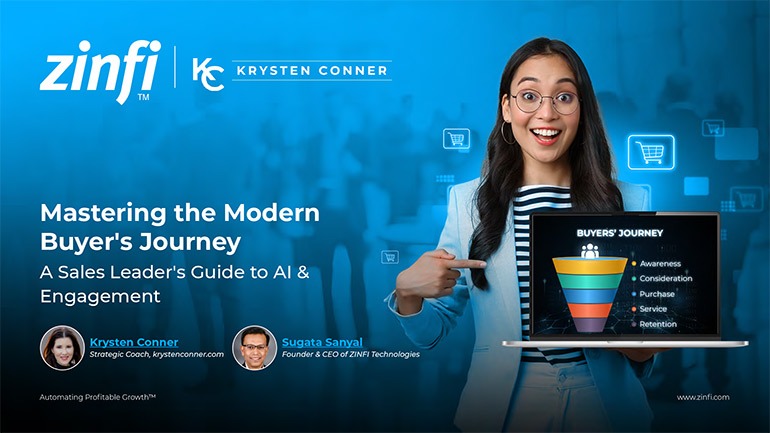 The Channel’s Shift to Partner-Led With AI Best Practices
The Channel’s Shift to Partner-Led With AI Best PracticesDownload for FREE
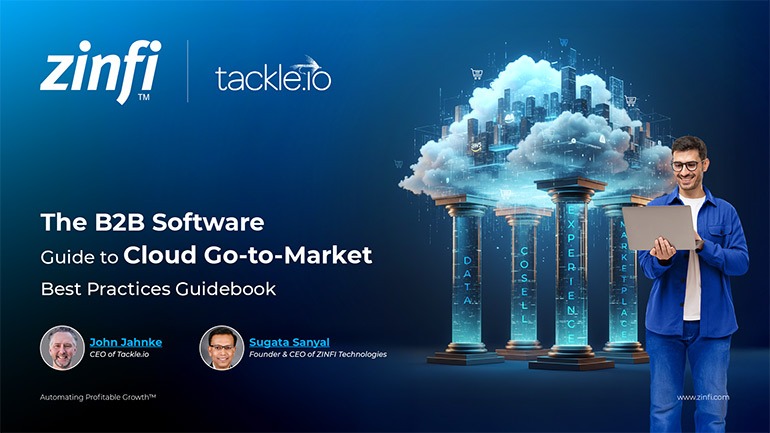 Hyperscalers, ISVs, and AI: Shaping the Future of B2B Software Distribution
Hyperscalers, ISVs, and AI: Shaping the Future of B2B Software DistributionDownload for FREE
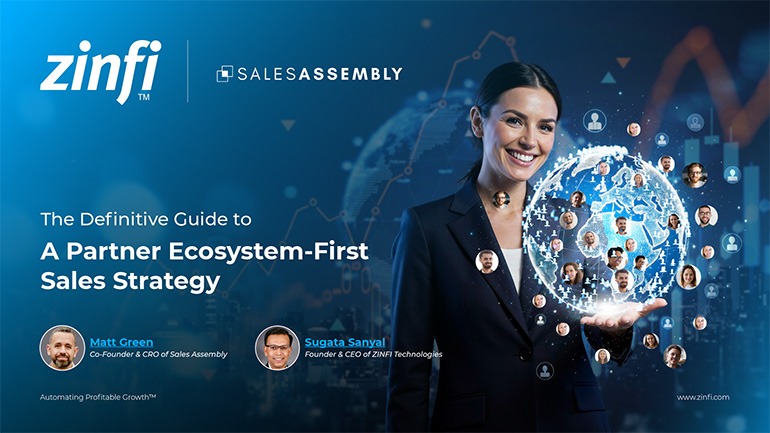 Definitive Guide to a Partner Ecosystem-First Sales Strategy
Definitive Guide to a Partner Ecosystem-First Sales StrategyDownload for FREE
 The Partner-Led Digital and AI Transformation Best Practices
The Partner-Led Digital and AI Transformation Best PracticesDownload for FREE
 Startup Talent Recruitment: Hiring Missionaries, Not Mercenaries
Startup Talent Recruitment: Hiring Missionaries, Not MercenariesDownload for FREE
 The Future of Partner Relationship Management with AI in Partnerships
The Future of Partner Relationship Management with AI in PartnershipsDownload for FREE
 Cybersecurity for the 99%: Strategies from the Frontline
Cybersecurity for the 99%: Strategies from the FrontlineDownload for FREE
 Mastering Partner Relationships: A Strategic Approach to Business Growth
Mastering Partner Relationships: A Strategic Approach to Business GrowthDownload for FREE
 Mastering Partner Relationship Management: Keys to SaaS Channel Success
Mastering Partner Relationship Management: Keys to SaaS Channel SuccessDownload for FREE